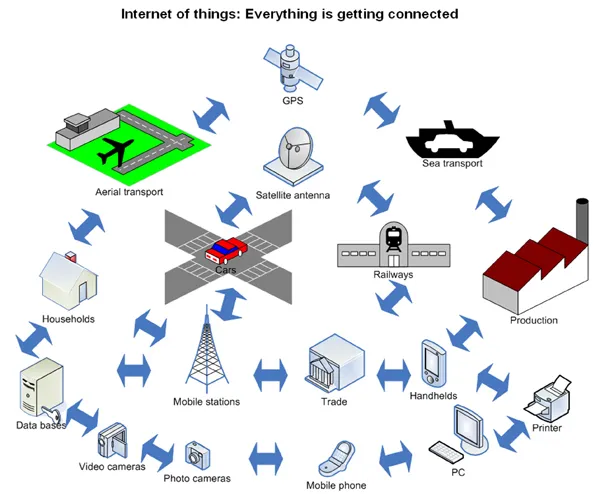Today, the Swedish Parliament will decide on new laws to ban mobile phone use behind the wheel.
March 2, 2012
Read time: 1 min
Today, the Swedish Parliament will decide on new laws to ban mobile phone use behind the wheel. Political parties were close to an agreement on how the regulations should be formed late Monday last night, and the proposal is likely to include a ban on all mobile phone use that would draw one's attention away from the road. This includes internet use, text messaging and would even spill over to GPS use, because Ruggero Ceci of the 3530 Swedish Transport Administration points out that any time drivers takes their eyes off the road, the risk of an accident increases by 20 per cent.








